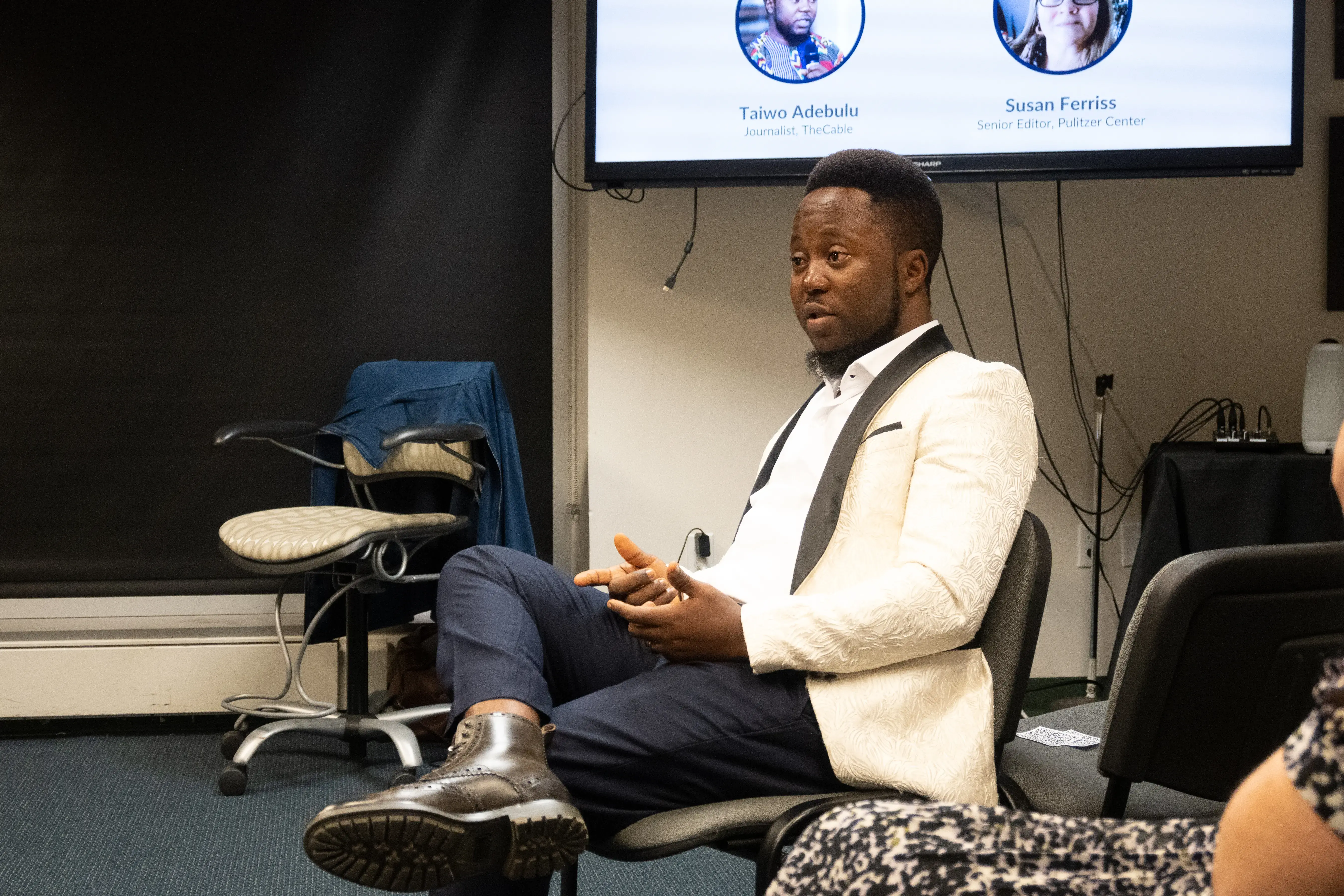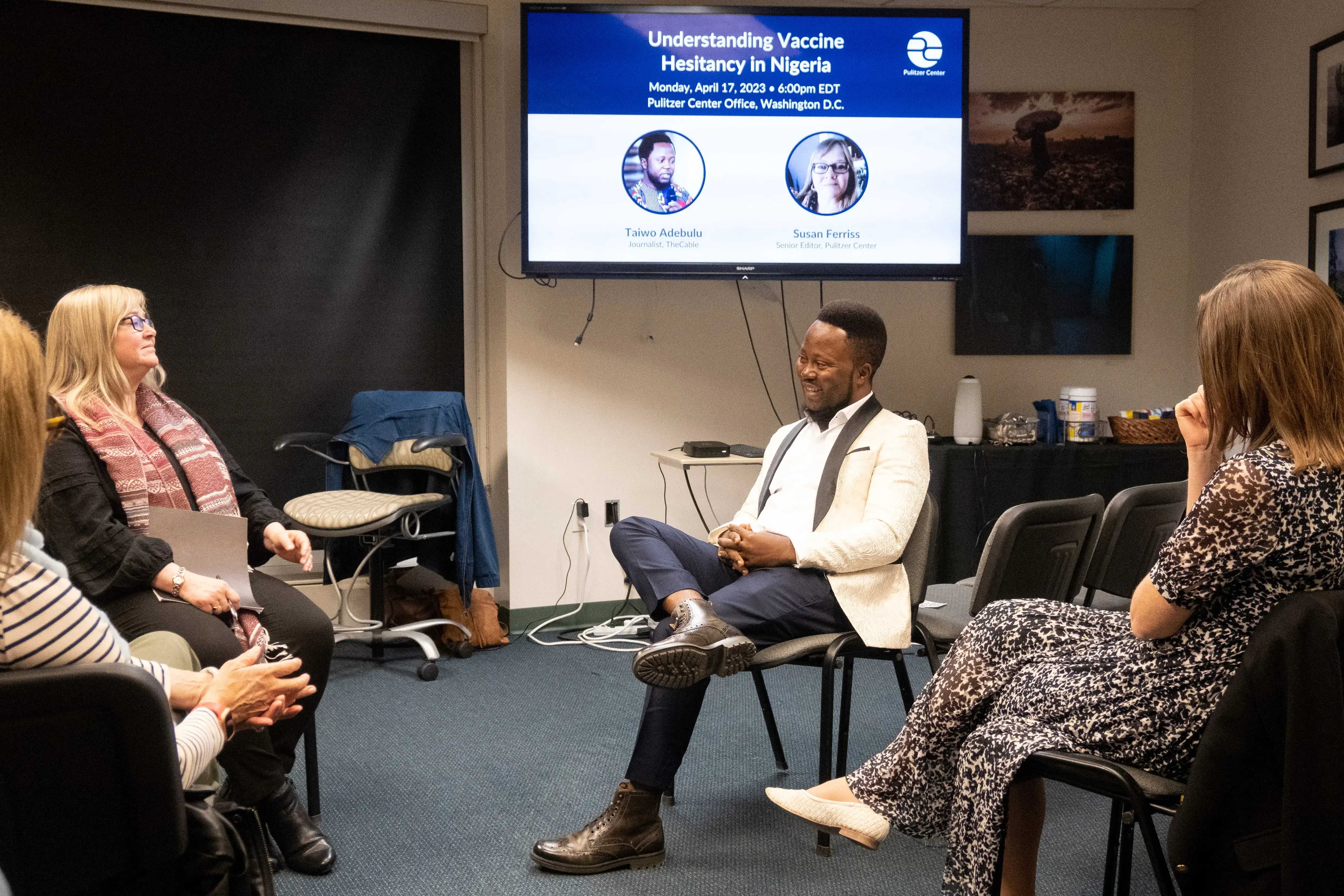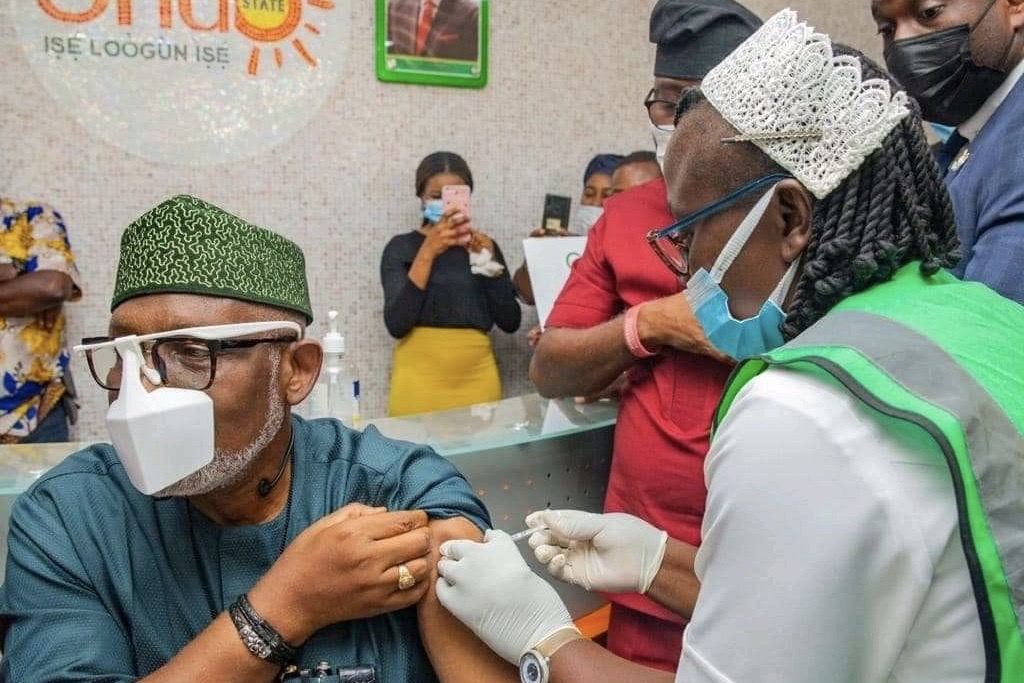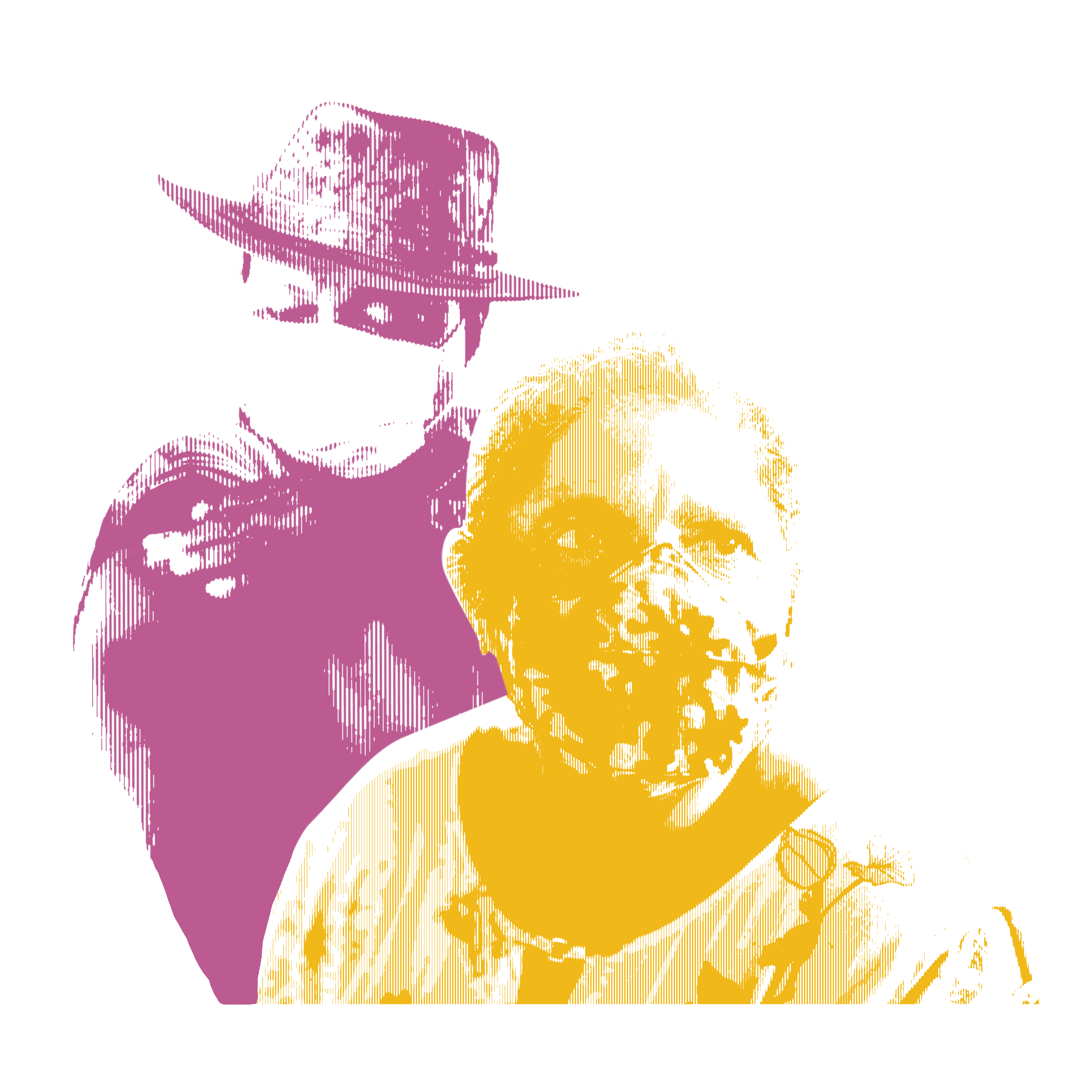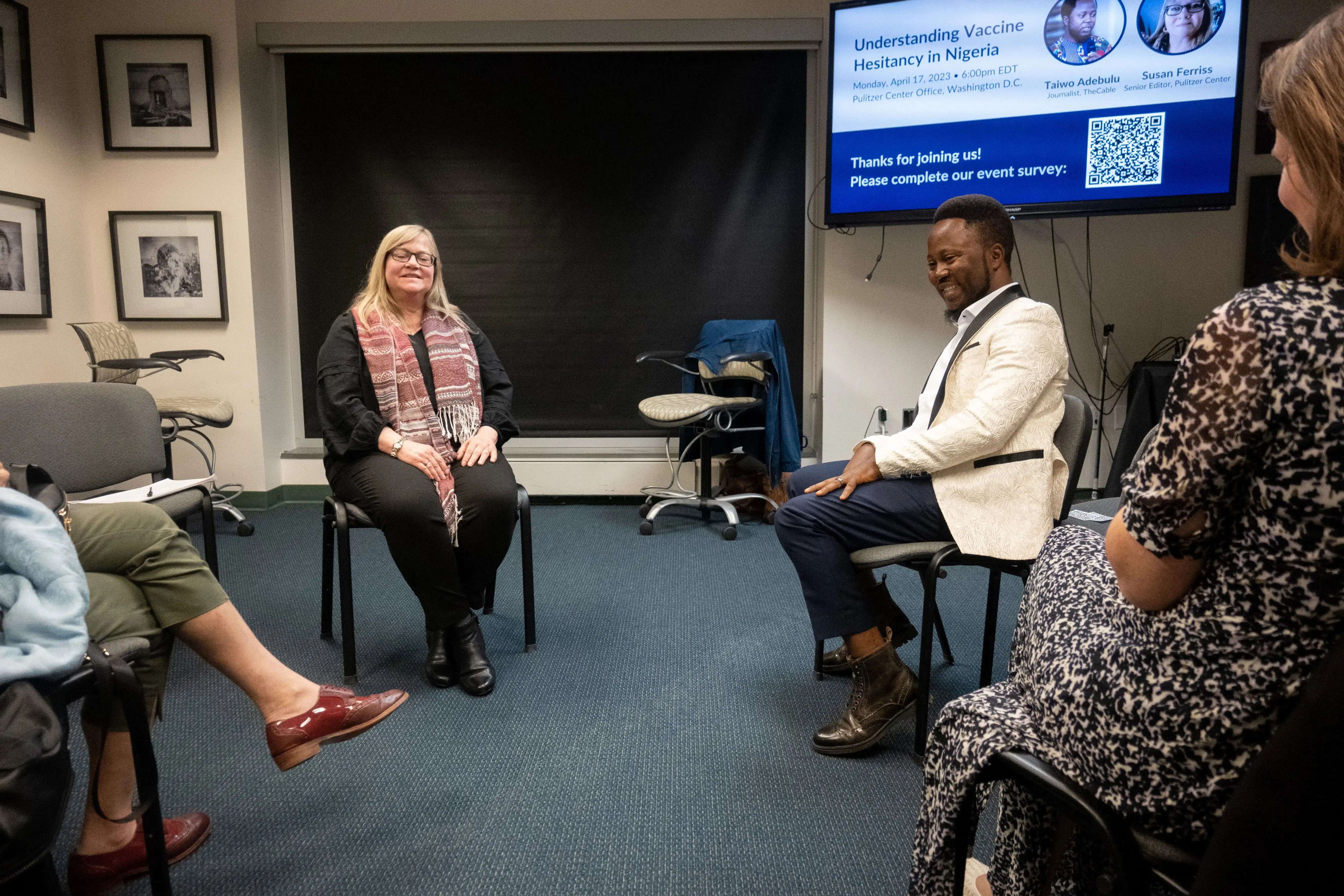
On Monday, April 17, grantee Taiwo Adebulu spoke with Pulitzer Center Senior Editor Susan Ferriss at the Pulitzer Center office in Washington, D.C., about vaccine hesitancy in Nigeria. Adebulu is the investigations and features editor at independent Nigerian outlet TheCable. He partnered with the Pulitzer Center for his project Why Residents of Oil-Rich Niger Delta Communities Refused To Take COVID Vaccines.
“He's done some great stories with Pulitzer support on public health, and so we're really happy that he was able to come here to Washington,” Ferriss said.
Adebulu’s reporting investigates why locals of Ondo state, Nigeria, are hesitant to take the COVID-19 vaccine, how misinformation about the vaccine spreads, and what it can tell us about Nigeria’s pandemic response as a whole.
Nigeria is a unique case study as a multicultural society and the most populous country in Africa. Its public health infrastructure is relatively poor, Adebulu said, but a quick response time by the government combined with a lockdown on borders helped stop the spread. Different parts of the country faced different challenges: In the rural, Muslim-majority north, the difficulty was getting people into clinics, while in the urban and Christian-majority south, religious leaders advised churchgoers against taking the vaccine.
Adebulu gave one example of vaccine hesitancy he saw in fishing villages, where fishermen worried that the vaccine would affect fertility in women.
“Officials would go to most of the clinics to be there from morning to evening, [but] nobody would come out,” he said. “They had the vaccine, so there was no problem with shortages… So they had to do something to stop this. The first one was making use of the traditional religious leaders. The religious leaders came to take the vaccine in front of the people. So we have the traditional leader and about ten chiefs from different households that got the vaccine. When a community mobilizer takes the vaccine, he actually goes back to the forum to talk about the vaccine, ‘I think it is good for us, there is no way it is going to affect the ability to have more children.’ So they were able to convince more people to come out.”
Another common myth about COVID-19 is that it is a disease of the elite that does not affect regular people, Adebulu said. In Nigeria, the first reported COVID-19 deaths were more concentrated among the upper class who traveled internationally.
“[The people] feel there are no consequences. For example, even in a state like Lagos with a lot of people… If you look at the death rate of malaria, it’s actually more acute. Because of that, they see COVID-19 as an exaggerated malaria.”
Adebulu also spoke about the lasting effects of Western colonialism on Africans’ distrust of vaccines.
“The distrust has always been there, right from the time of colonialism,” he said. “That they see Africans as guinea pigs, because most drugs and vaccines have been tested on people. So we’ve had issues in the past. This is a historic problem. And so when they bring the same vaccine from the West, it becomes a big problem.”
The conversation highlighted the importance of localized responses to vaccine hesitancy to combat the unique challenges of each community. After the moderated discussion with Ferriss, Adebulu took questions from the audience.
Adebulu’s next forthcoming project supported by the Pulitzer Center is titled Nigerian State Winning War Against COVID Is Losing Its Children to Meningitis.
